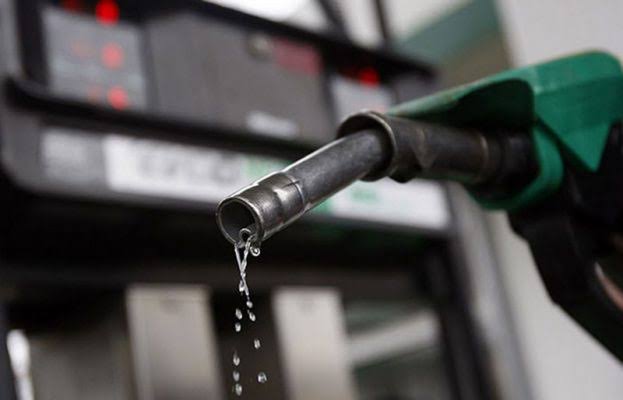Duke Oil managing director Lawal Sade stated that the fuel was certified okay at the loading and discharge ports by relevant authorities.
He said they were notified by the Nigerian National Petroleum Corporation (NNPC) a few hours after the discharge that the petrol had particles which made it discontinue the process.
He noted that the product had since been quarantined, and there was a confirmation by the regulator, the Nigerian Midstream and Downstream Petroleum Regulatory Authority, to discharge the cargo within the stipulated date.
“The cargo discharged, and the vessel sailed. It was just after 24 hours of operation then, Duke Oil was notified by the NNPC that there was a complaint from some of their customers that the cargo had some particles,” he explained.
According to him, the cargo was certified by the NMDPRA. Also, there was a joint inspection before the discharge, and the specification provided in the contract with NNPC met the Nigerian specification.
Earlier, the representative of Oando, Afanga Afanga, said the firm’s fuel met the Nigerian specification.
“In line with our Direct Sale Direct Purchase contract with NNPC, on the 16th of January 2022, we delivered 90MT worth of PMS onboard the Vessel MT Elka Apollon. It is important to note that this PMS cargo that was supplied met and was in line with all the Nigerian contractual specifications,” Mr Afanga disclosed.
He added that it was confirmed by the mandatory tests conducted at the loading port in Europe and before discharge in Nigeria by independent NNPC quality inspectors. The Oando representative further mentioned that the NMDPRA agents also confirmed it.
He explained that it was on that basis that the cargo was certified and accepted for discharge by NNPC.
In his ruling, the committee chair Abdullahi Gaya asked the companies to submit all relevant documents regarding their presentation, saying they may be reinvited if necessary.

